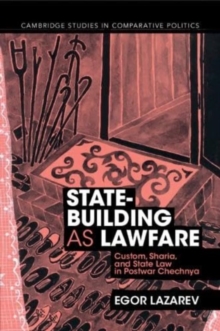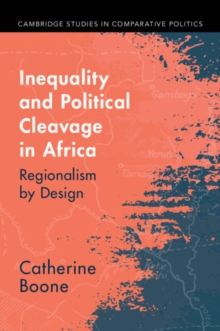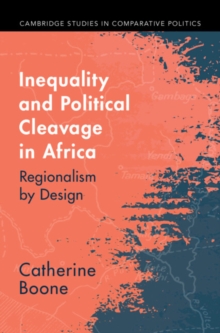
Property without Rights : Origins and Consequences of the Property Rights Gap Hardback
by Michael (University of Chicago) Albertus
Part of the Cambridge Studies in Comparative Politics series
Hardback
Description
Major land reform programs have reallocated property in more than one-third of the world's countries in the last century and impacted over one billion people.
But only rarely have these programs granted beneficiaries complete property rights.
Why is this the case, and what are the consequences?
This book draws on wide-ranging original data and charts new conceptual terrain to reveal the political origins of the property rights gap.
It shows that land reform programs are most often implemented by authoritarian governments who deliberately withhold property rights from beneficiaries.
In so doing, governments generate coercive leverage over rural populations and exert social control.
This is politically advantageous to ruling governments but it has negative development consequences: it slows economic growth, productivity, and urbanization and it exacerbates inequality.
The book also examines the conditions under which subsequent governments close property rights gaps, usually as a result of democratization or foreign pressure.
Information
-
Only a few left - usually despatched within 24 hours
- Format:Hardback
- Pages:416 pages, Worked examples or Exercises
- Publisher:Cambridge University Press
- Publication Date:07/01/2021
- Category:
- ISBN:9781108835237
£85.00
£84.75
Information
-
Only a few left - usually despatched within 24 hours
- Format:Hardback
- Pages:416 pages, Worked examples or Exercises
- Publisher:Cambridge University Press
- Publication Date:07/01/2021
- Category:
- ISBN:9781108835237










